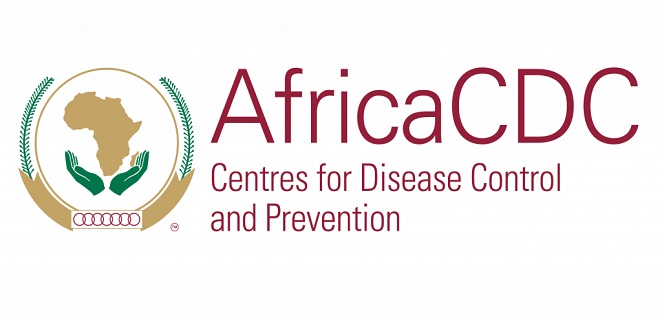THE Community Working Group on Health (CWGH) says the continued delays in finalising the Public Health Act (PHA) Ammendment Bill was worrying as failure to have the Act in place before expiration of the present parliament could spell doom for the health sector.
By Michael Gwarisa
Since 2010, civil society organisations (CSOs), Parliament, the Public Health Advisory Board (PHAB) and the general public since have been working tirelessly in coming with a comprehensive Bill but fears are rife that all efforts might come to naught if the Bill does not go for the second reading this sitting session as parliament faces dissolution in preparation for national elections in a few months’ time.
In a statement, CWGH Executive director Itai Rusike said considering the time the bill went for the first reading, it was now due for a second reading.
“The Community Working Group on Health (CWGH) would like to express grave concern over the unexplained delays in finalizing the Public Health Act (PHA) Amendment Bill, a bill so critical in addressing emergent science, practice, health challenges, and legal fragmentation and to update the rights, duties and roles for public health.
“With the Bill having received a non-adverse report from the Parliamentary Legal Committee (PLC) early this year, CWGH expected the immediate launch of its Second Reading stage with the introductory speech by the Minister of Health and Child Care (MoHCC), Dr David Parirenyatwa. But alas, the silence is puzzling.”
He added that it would be a disservice and contempt of all stakeholders who put much thought, effort and commitment in coming up with this all-inclusive Bill if the MoHCC fails to ensure its second reading during the subsistence of this current parliamentary sitting.
“Why has it taken so long for the second reading? Who is sitting on the Bill and why? The Public Health Act (1924) is the major enabling law in health.
“While it has frequently been updated and amended to address new issues, gaps persist, for example on non-communicable diseases, maternal health, cross-border risks and new epidemics. Also, it is not rights-based and contains outdated terms like ‘dirty and verminous persons’ (Section 28).”
According to Rusike, failure to pass the bill before expiration of the present Parlimant’s term means that there will be need to orient and start the process all over again with the in-coming Members of Parliament (MPs) on the Bill, a development that would further delay the process of finalization and subsequent implementation.
“This does not reflect post-independence health policy, including in relation to primary health care and community involvement in health. Proposals have been developed through wide consultation to strengthen the Public Health Act, the umbrella law in health.
“We urge Parliament and the Health Minister, using the powers vested in his office, to urgently speed-up the finalization of this powerful and important Bill into an Act to ensure Zimbabweans enjoy their right to health and a healthy environment.”




